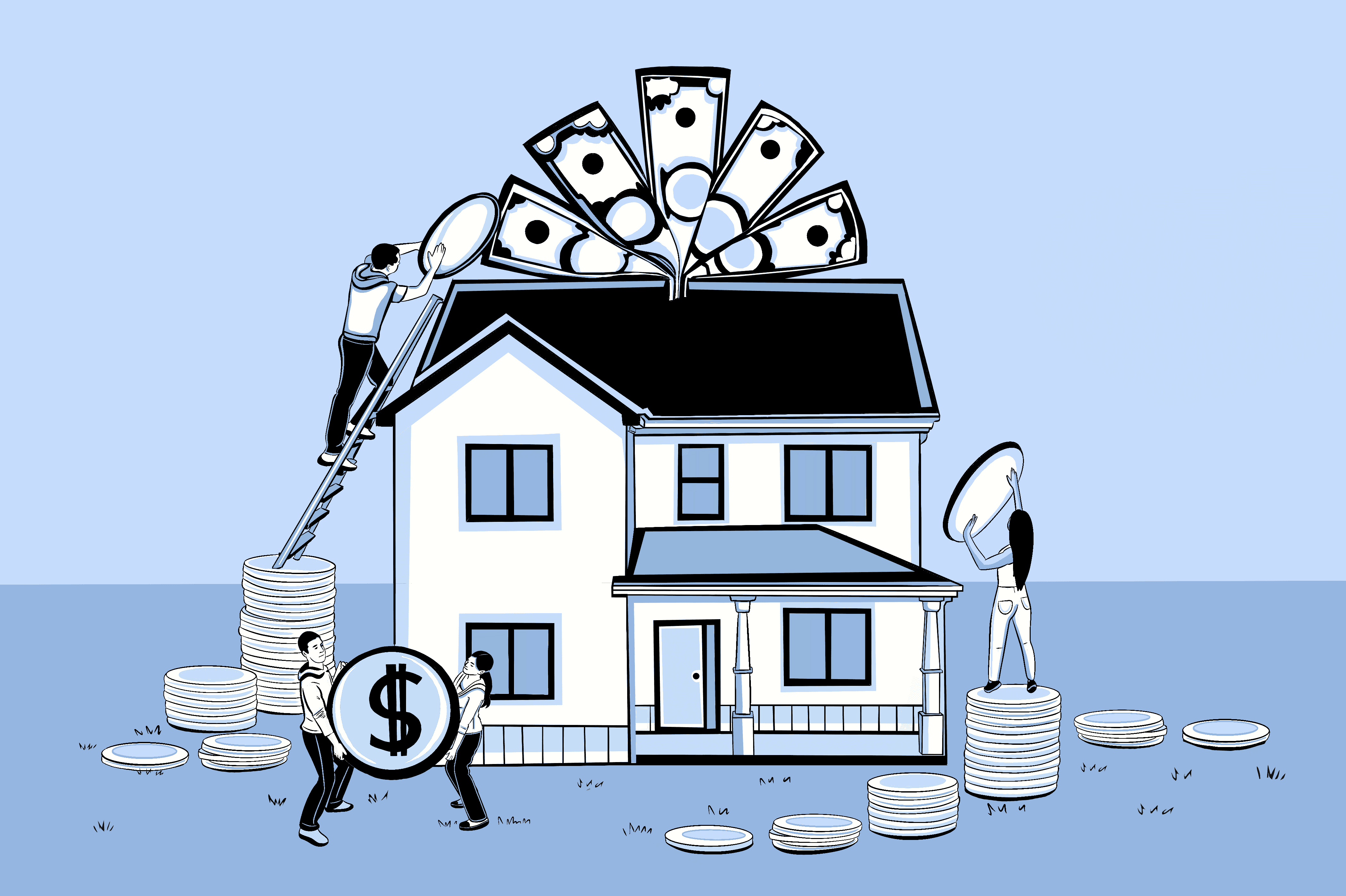
Preparation and Planning: A Veteran's Guide to Buying a Home
- Assess Your Finances: Begin by taking a close look at your financial situation. This means understanding your income, expenses, debts, and savings. Consider your long-term financial goals and how homeownership aligns with them.
- Emergency Fund: Having an emergency fund is crucial. Unexpected expenses can crop up as a homeowner, so it's wise to have savings set aside for such situations.
- Debt Management: Pay down high-interest debts like credit card balances. Reducing your debt-to-income ratio will not only improve your financial health but also enhance your eligibility for a VA loan.
- Budgeting: Create a comprehensive budget that accounts for all your expenses, including housing costs, utilities, insurance, groceries, transportation, and entertainment. A well-planned budget helps you determine how much you can comfortably allocate to housing expenses.
Read also: Building A Standard House In Nigeria: A Comprehensive Guide
- Check Your Credit Report: Obtain your credit reports from the major bureaus and review them for errors. If you find inaccuracies, dispute them.
- Credit Score Improvement: Work on improving your credit score by making on-time payments, reducing credit card balances, and avoiding new credit inquiries close to your loan application.
- Establish Good Credit Habits: Building a strong credit history takes time. Be consistent with on-time payments, maintain diverse types of credit, and avoid maxing out your credit cards.
- Credit Counseling: Seek credit counseling services if your credit is severely damaged. They can help you develop a plan to rebuild your credit.
- Debt-to-Income Ratio: Lenders use your debt-to-income ratio to assess your ability to handle mortgage payments. Typically, aim for a DTI below 41%, but lower is better.
- VA Loan Eligibility: Obtain your Certificate of Eligibility (COE) to ascertain your maximum loan amount. This will help you set your budget.
- Down Payment: While VA loans don't require a down payment, consider whether you have the means to make one, as it can lower your loan amount and monthly payments.
- Affordability Calculators: Online affordability calculators can provide estimates based on your income, expenses, and desired loan term.
- Additional Costs: Remember that homeownership encompasses more than mortgage payments. Budget for property taxes, insurance, maintenance, and other related expenses.
Similar Topics
A report by Ubosi Eleh & Co has revealed that 10 per cent of land is titled in...
7 months ago Read MoreBy Blessing Clement When it comes to choosing a home, whether for buying or renting, it's...
a year ago Read MoreIf you're a veteran or active-duty service member considering buying a home, it's...
a year ago Read MoreReal estate, often dubbed the cornerstone of wealth creation, has traditionally been an...
a year ago Read MoreBy Blessing Clement In the competitive world of real estate, where timing is often...
a year ago Read MoreBy Blessing Clememt Your home is more than just a place; it's your sanctuary,...
a year ago Read MoreBy Blessing Clement When it comes to real estate, understanding the intricacies of...
a year ago Read MoreBy Blessing Clement When it comes to real estate listings providing potential buyers with...
a year ago Read MoreBy Blessing Clement In the digital age, online visibility plays a crucial role in...
a year ago Read MoreThe Strategy Officer and Co-founder of Hirart Int’l, Yusuf Wahab, has said lack of knowledge...
a year ago Read More








